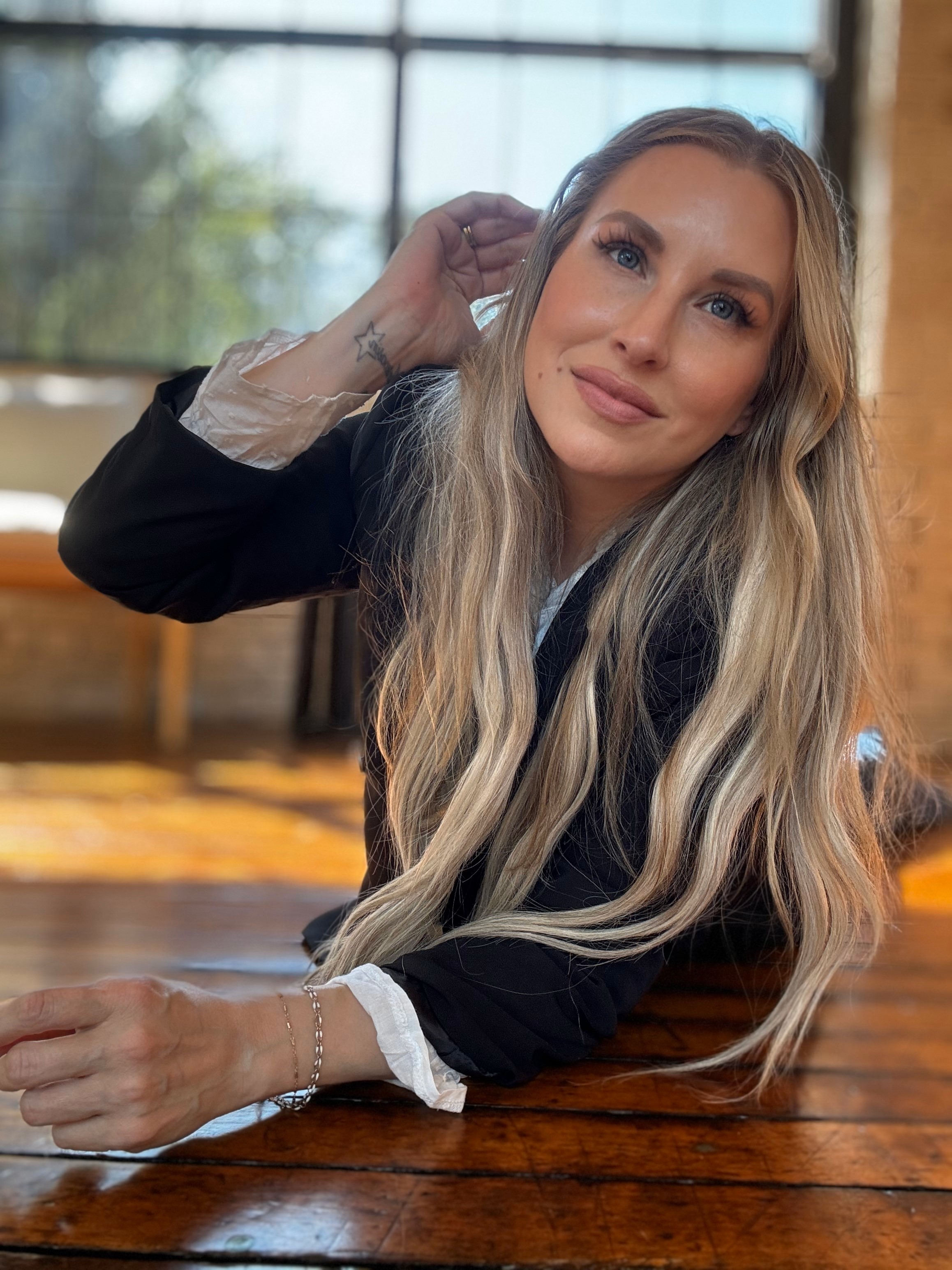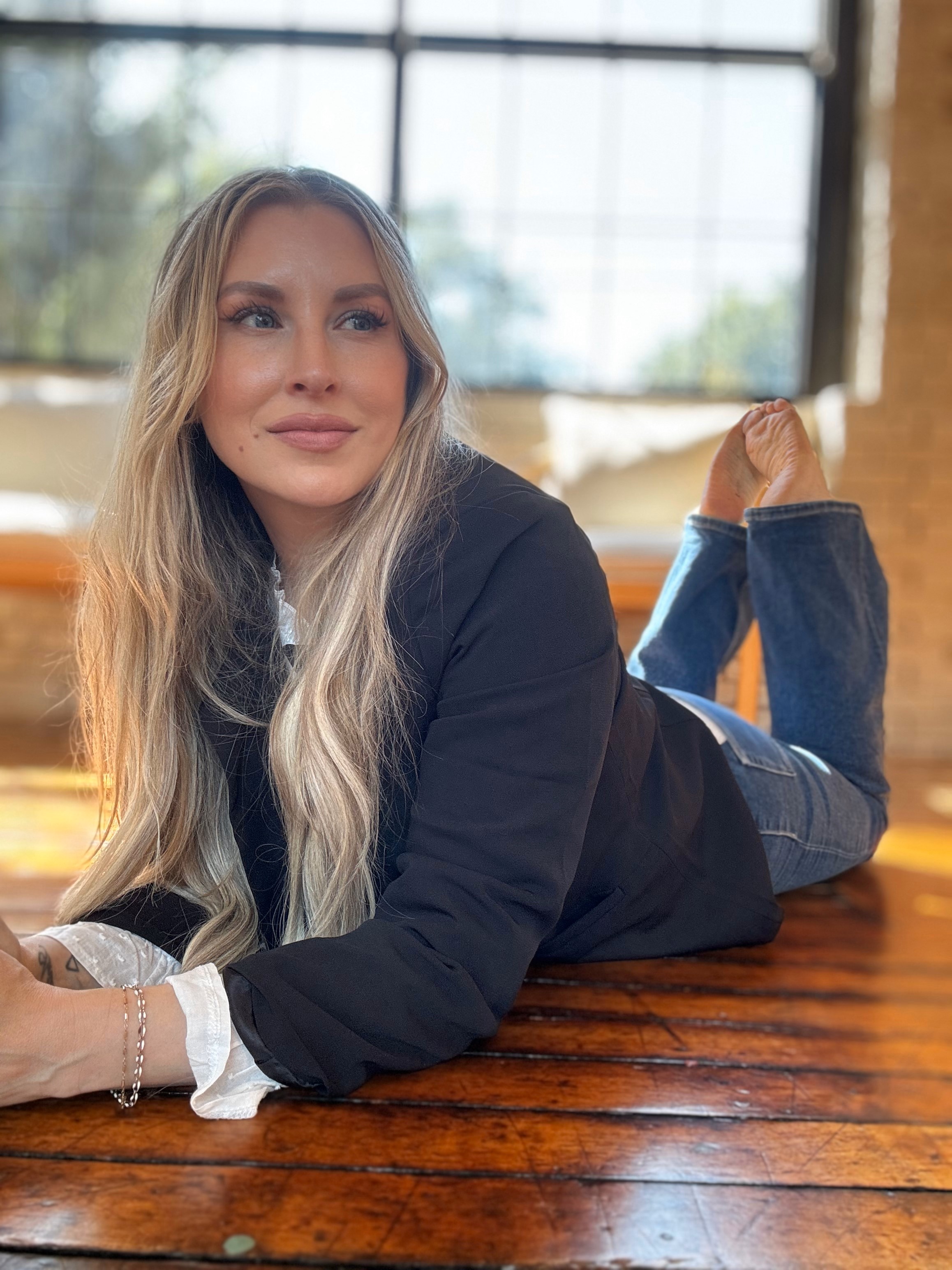
We all carry emotional baggage — unseen issues that, when left unaddressed, start to define us.
It wasn’t until I met Matthew that I realized I had been carrying emotional baggage from my past that was quietly shaping my present.
Recognizing Emotional Baggage
Meeting someone extraordinary in the aftermath of my divorce — as I was just starting to mature, navigate co-parenting, and learn more about my own independence in my mid-twenties — was definitely not on my bingo card. Even so, into my life walks an Aussie athlete with life experiences and perspectives that were completely different from my own. I had worked minimal hours during my first marriage because I was the primary caregiver, which was a role that I cherished. So needless to say, there were a lot of pivots happening in my life at the time.

It’s a pretty common stereotype that newly single people often fall into one of two camps: they either become hardened and bitter, or they dive into self-destructive behavior. I didn’t want to fall into either category. I wanted to grow, to heal, and to move on without carrying emotional scars into my future relationships.
Many of us are also familiar with the advice that it’s best to heal your old wounds before entering a new relationship. In hindsight, it might have been a good idea to stay single for a few years before getting involved with someone new. After all, I met my ex-husband when I was 13 (which might be shocking, I know), married him at age 18, and we divorced when I was 25. But ultimately, fate had other plans. In opening up to someone new, though, that new person can shine their unique light onto some of the shadows inside of you. Matthew did exactly that for me, especially when discussing my divorce.
The Power of Telling Your Own Story
If you've read my previous blogs, you know I believe that “hurt people hurt people.” When we don’t address our past wounds, we carry them like emotional bowling balls. We pick them up every morning, and they weigh us down throughout the day. Who knows when we’re going to lose our grip on them and drop them onto someone else? It’s a risky business.
Little did I know that, while getting to know Matthew, I was carrying around my own bowling balls. As we began our new relationship, he pointed out that every time I talked about my past, I did so with a heavy emotional charge. I wasn’t necessarily crying each time it came up, but sometimes I was angry, or disheartened, or frustrated, or just simply upset.

Matthew asked me, “have you ever told yourself your own story?”
I looked back at him, confused.
“Tell myself my own story? What do you mean?”
At first, I didn’t understand, but he explained that by telling myself my own story out loud, I could begin to separate the emotions from the facts. The goal wasn’t to dismiss the significance of my experiences — I’m sure if I had read this back then I’d be shaking my head, skeptically — but to try processing them in a way that would allow me to move forward.
So, one evening, alone in my little duplex, I took my now-husband’s advice. I told myself my own story over and over. I think I might have even gone through it 35 times in total, from childhood to the present, until all of the emotions had run out. It was one of the most profound moments of my life. In the modern times we’re living in, when therapy is lovingly recommended often for everyone, but is so expensive (not to mention the long waiting lists), this is a cathartic exercise that can help bring clarity.
To try this for yourself, find a quiet space and start from the beginning. Talk out loud, telling your story, from childhood to now. Repeat it until you feel the emotional weight of the story begin to lift.
When talking through so many years and chapters of your life, you will likely remember details, emotions, and ideas that have sat dormant for a long time. It almost feels like taking an emotional shower and rinsing away the grime and heaviness.
For me, it was a personal therapy session that cleared my mind and opened my heart. This exercise is something I highly recommend, especially if you’re short on time or money. It’s a proactive way to free yourself from past hurts and align with your authentic goals.
Moving Forward and Healing
Remember, everyone’s healing process is different. It might take your co-worker Joanne five times to tell her story, while your neighbor Jacob might need 22. The key is to keep going until you feel that emotional release.
This is an exercise just for you. For your heart to communicate with your mind.
My advice? Be wary of trauma bonding — or what I call “bitch bonding” — where you connect with others over shared grievances. While misery loves company, those bonds can keep you stuck in a negative cycle. Instead, focus on your own healing. Know that, as I always say, you’re not an island — others have walked this path before, and you have the choice to either carry your emotional baggage indefinitely or to face it head-on and move forward.

I’m cheering you on to live the authentic life meant for you. Be brave, have courage, and know that I’ve walked this path too.
Your story is worth telling.
With love, Quinn





